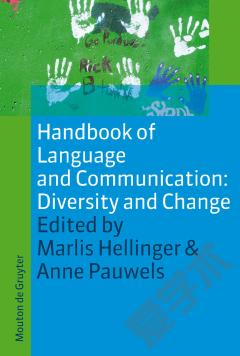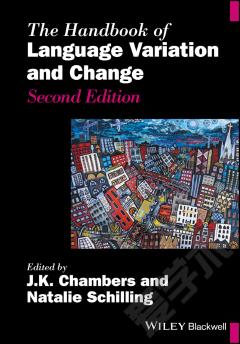Handbook Of Language And Communication: Diversity And Change
The volume has four parts: part I (Language minorities and inequality) analyses language contact and linguistic diversity as a global phenomenon, part II (Language planning and language change) focuses on colonialism, imperialism and economics as factors that language policies and planning measures must account for, part III (Language variation and change in institutional contexts) examines language-related problems in education, religion, science and the Internet, and part IV (The discourse of linguistic diversity and language change) relates public discourses on language and racism, sexism and political correctness to different ideological positions, values and attitudes. Key features include: provides a state-of-the-art description of different areas in the context of linguistic diversity and change; and presents a critical appraisal.
{{comment.content}}








 京公网安备 11010802027623号
京公网安备 11010802027623号